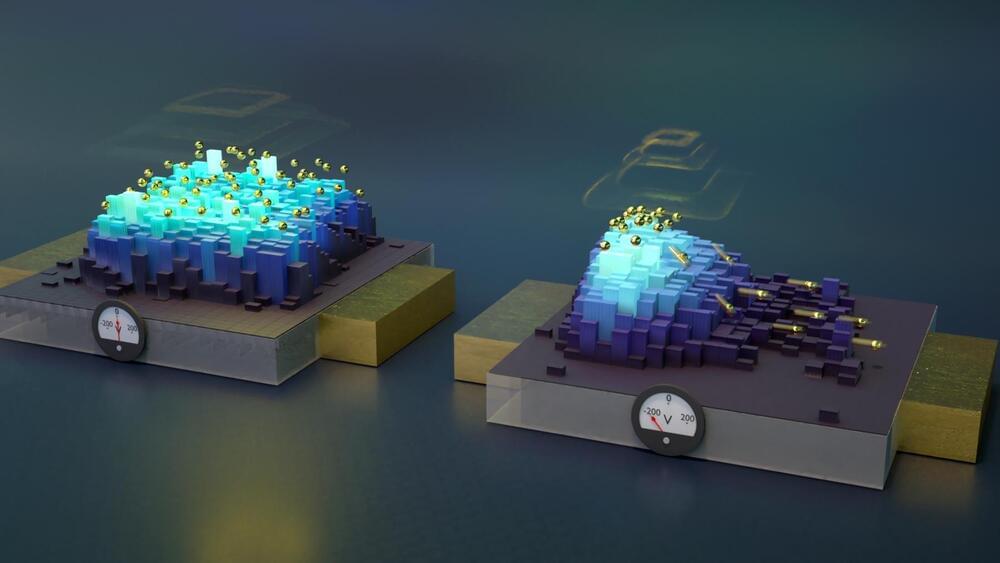Building the quantum internet could be significantly simplified by leveraging existing telecommunications technologies and infrastructure. In recent years, researchers have identified defects in silicon—a widely used semiconductor material—that hold the potential for transmitting and storing quantum information across the prevalent telecommunications wavelengths. These silicon defects might just be the prime contenders to host qubits for efficient quantum communications.
Exploring Quantum Defects in Silicon
“It’s still a Wild West out there,” said Evelyn Hu, the Tarr-Coyne Professor of Applied Physics and of Electrical Engineering at the Harvard John A. Paulson School of Engineering and Applied Sciences (SEAS). “Even though new candidate defects are a promising quantum memory platform, there is often almost nothing known about why certain recipes are used to create them, and how you can rapidly characterize them and their interactions, even in ensembles. And ultimately, how can we fine-tune their behavior so they exhibit identical characteristics? If we are ever to make a technology out of this wide world of possibilities, we must have ways to characterize them better, faster, and more efficiently.”
